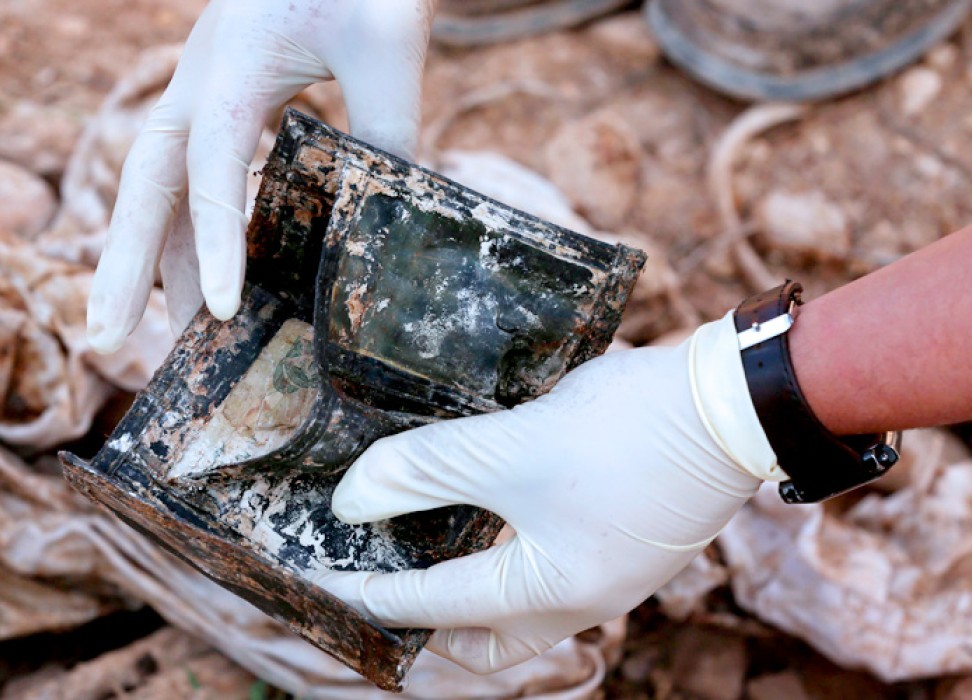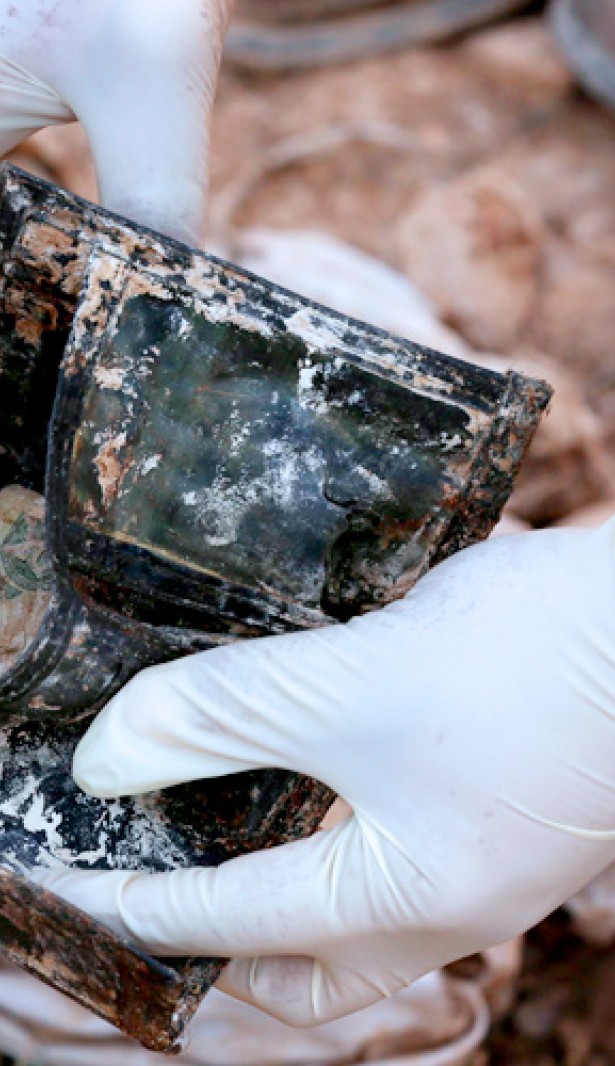ISIL’s legacy of terror: at least 200 mass graves in Iraq
07 November 2018

Shushan* will never forget the day the Islamic state in Iraq and the Levant (ISIL) raided her village. She has also etched in her memory each time she was sold off to members of that terror group.
“Once they arrested us they took all our property: mobile phones, money gold... Then they took us to Rambusia village for three days, men, women and children in separate rooms. They pointed guns at our fathers and took all the girls that we present,” she says.
One evening, the Wali (ISIL Mayor) of the village came with a group of men and each, in turn, selected a girl. One of the men took one of Shushan’s sisters and another chose the third sister. Shushan was taken to a separate village, Kocho, where she found other kidnapped Yazidi girls.
“I stayed there for 15 days, then I was sold to another man, an Iraqi. After two months they sold me to another man. They sold me six times,” she recounts.
Since she was taken, Shushan has never seen her family again and suspects that her father and brother are now dead. “It would be too bad if I never saw my father and brother again. They are always on my mind,” she said.
The UN Assistance Mission for Iraq (UNAMI) and the UN Human Rights Office have found an estimated 202 mass graves containing the remains of thousands of victims in areas formerly controlled by ISIL in Iraq, namely the governorates of Ninewa, Kirkuk, Salah al-Din and Anbar in the northern and western parts of the country.
While it is difficult to determine the total number of people in these graves, the smallest site discovered in west Mosul contained eight bodies, while the biggest, believed to be the Khasfa sinkhole south of Mosul, may contain thousands.
These sites could potentially contain critical forensic material to assist in the identification of victims and to build an understanding of the scale of crimes that occurred.
Between June 2014 and December 2017, ISIL seized large areas of Iraq and led “a campaign of widespread violence and systematic violations of international human rights and humanitarian law – acts that may amount to war crimes, crimes against humanity, and possible genocide,” a report documenting the gruesome discoveries states.
The report also highlights how families of the missing face significant challenges in establishing the fate of their loved ones. At present, they must report to more than five separate State entities, a process that is both time-consuming and frustrating for families who remain traumatised by their loss.
The report echoes victims’ families’ calls for truth and justice, as well as for the establishment of a public, centralised registry of missing persons and a federal Office of Missing Persons.
“Determining the circumstances surrounding the significant loss of life will be an important step in the mourning process for families and their journey to secure their rights to truth and justice,” says Special Representative for Iraq of the Secretary-General of the United Nations Ján Kubiš.
Kubiš said the report was aimed at supporting the Government of Iraq in protecting and excavating these mass graves, through the work of Iraq’s Mass Graves Directorate and its international partners
“These graves contain the remains of those mercilessly killed for not conforming to ISIL’s twisted ideology and rule, including ethnic and religious minorities. Their families have the right to know what happened to their loved ones. Truth, justice and reparations are critical to ensuring a full reckoning for the atrocities committed by ISIL,” says UN High Commissioner for Human Rights, Michelle Bachelet.
Among its recommendations, the report calls for a multidisciplinary approach to the recovery operations with the participation of experienced specialists, such as weapons contamination and explosives experts and crime scene investigators.
It also calls for a victim-centred approach and a transitional justice process that is established in consultation with, and accepted by, Iraqis, particularly those from affected communities.
Both Bachelet and Kubiš reiterated their support to the Government of Iraq in carrying out this significant task.
*Not her real name.
7 November 2018

